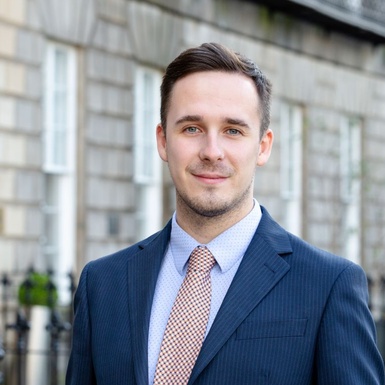Public inquiries are Hearings that investigate matters of public concern. The purpose of a Public Inquiry is to establish facts – what happened and why did it happen; to find out who (if anyone) was responsible and to learn the lessons needed to prevent a recurrence of events. There are currently a number of Public Inquiries ongoing in Scotland including the Scottish Hospitals Inquiry and the Scottish Trams Inquiry.
The Scottish COVID Inquiry is currently underway and we explain more about this on our website here. The Scottish Government information is available here.
In Scotland, Public Inquiries are conducted by a senior official – the Chair (usually a judge or a recently retired judge). The Chair’s instructions and the examination of witnesses will be carried out by the Inquiry Legal Team (made up of solicitors and advocates).
The Chair has power to require witnesses to attend hearings to provide oral evidence (or to produce a written witness statement) as well as powers to require the production of documents (from individuals and other corporate entities).
The Chair will review documents and hear evidence from witnesses and expert witnesses. At the end of the process they will publish their conclusions and make recommendations. Public inquiries are inquisitorial (fact finding) exercises as opposed to an adversarial process. The Chair them cannot make findings about a person's or organisation’s civil or criminal liability. The findings are sent to the Scottish Government who are obliged to publish them. However, the Inquiry's recommendations are not legally binding – it is up the government or other relevant bodies to implement any recommendations.
Public Inquiry Lawyers Glasgow, Edinburgh & Dundee
Our team have vast experience in dealing with Public Inquiries. We are here to help.
It may be that you are entitled to receive compensation for your loss and suffering. That may include financial loss sustained by you.
Who can apply for Core Participant Status?
Whether organisations should apply for core participant status will depend on the extent to which they have been involved in responding to and/or impacted by the pandemic. Those working in the health, social care and education sectors are likely to have an interest (if not an active role) in the Scottish COVID-19 Inquiry.
The Inquiry will seek to minimise delay and to avoid unnecessary costs. The pandemic directly affected everyone in Scotland. Applications for Core Participant Status are likely to be if the Applicant’s participation will assist the Inquiry and its ability to meet its terms of reference.
The Protocol states that applicants "representing a number of people with similar interests may facilitate the most effective management of the Inquiry". The Inquiry is therefore encouraging individuals and organisations to group together to apply for Core Participant status. The Chair may direct applicants to obtain joint legal representation with others who have similar interests.
Will public funding be provided?
The Inquiry has published a funding protocol setting out the financial assistance that will be made available to core participants who cannot afford to pay the legal fees involved in participating in the Inquiry. Funding will be subject to a separate application and designation as a core participant will not automatically entitle a person to funding. Invitations to apply for funding will be issued throughout the course of the Inquiry.
Contact our Public Inquiry Lawyers Glasgow, Edinburgh & Dundee
To get in touch with our Public Inquiry Lawyers call us today on 0800 988 8082 or complete our online enquiry form and we will get back to you right away.





